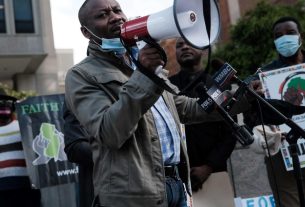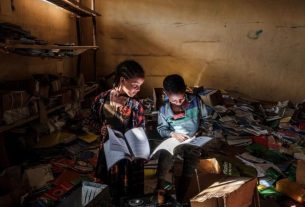A United Nations human rights body has criticized the United Kingdom government for “involuntary, compulsory treatment and detention” of people with disabilities inside and outside hospitals and urged UK authorities to guarantee access to community-based services.
The Human Rights Committee, a body of independent experts that monitors implementation of the International Covenant on Civil and Political Rights by states’ parties to the treaty, published its findings last week following review of the UK’s record. The Committee highlighted how authorities continue to detain and involuntarily treat people with disabilities under the UK Mental Health Act, based solely on their actual or perceived disability. The Committee expressed concern that the average length of stay for people with learning disabilities and autism detained under the act is over two years.
UK-based organizations representing people with disabilities and their families have been sounding the alarm about this issue for years, and the UK media has consistently exposed abuse in psychiatric units across the country. In one case reported by the BBC, at least eight members of staff at a hospital were seen picking up a young woman with autism and dragging her to a seclusion room, where she had already spent over two weeks.
The UN expert on torture has noted that “involuntary treatment and other psychiatric interventions in health-care facilities” can be forms of torture and ill-treatment.
An investigation by The Independent and Sky News recently revealed that almost 20,000 sexual abuse incidents were reported in NHS-run hospitals in the last five years. Latest data indicates that over 2,000 people with learning disabilities and autism are still in inpatient units, despite the government’s commitment to reduce the number of inpatient beds by 50% from March 2015 to March 2024 and develop community-based services.
The UK government should heed the Committee’s call and amend the Mental Health Act and Mental Capacity Act to ensure people with disabilities aren’t locked up in institutions against their will. Instead, it should strengthen and develop voluntary, rights-respecting services so everyone has access to adequate support that allows them to live in their own communities with dignity.


